Kathmandu-Microsoft AI Copilot Research has revealed significant insights into how generative AI tools like Copilot are beginning to influence—and in some cases, enhance—real-world job roles. While much of the global AI conversation often focuses on job loss or disruption, Microsoft’s recent study offers a more balanced, even optimistic perspective.
The report, titled “Working with AI: Measuring the Occupational Implications of Generative AI”, is based on more than 200,000 anonymous interactions with Microsoft’s Bing Copilot chat tool. Released as a preprint in July 2025, this 41-page research document dives deep into how AI is practically used across various professions today.
What Did Microsoft AI Copilot Research Analyze?
Microsoft’s research team, led by Kieran Tomlinson, aimed to understand the occupational implications of generative AI, specifically focusing on where Copilot can assist, rather than replace human work.
The analysis centered on real-time usage of Bing Copilot, aggregating data from over 200,000 sessions. These included queries and interactions related to everyday tasks such as writing, research, and communication.
The goal? To develop a metric known as the “AI Applicability Score”, which measures how well a job’s daily tasks align with the current capabilities of generative AI.
Key Takeaways from Microsoft’s AI Copilot Report
-
High Impact Professions
Microsoft AI Copilot Research shows that AI has the highest applicability in writing, customer support, research, translation, and communication roles. These professions often involve repetitive or information-heavy tasks that AI can streamline effectively. -
Low Impact Professions
On the other hand, manual labor-intensive or physical roles such as housekeepers, massage therapists, machine operators, and rail track workers show minimal AI impact. These jobs rely on physical interaction and spatial awareness, areas where AI currently lacks competence. -
Not a Threat but a Tool
The study strongly emphasizes that AI tools like Copilot are not replacements, but enhancements. The fear that AI will instantly eliminate jobs is unfounded—similar to how ATMs didn’t remove bank tellers but rather changed their responsibilities.
AI Applicability Score Explained
The “AI Applicability Score” created by Microsoft assigns a numerical value to various job tasks based on how much AI can assist. The findings show that jobs requiring a bachelor’s degree or higher tend to benefit more from AI integration.
For instance:
-
Writers and translators received high applicability scores due to the linguistic capabilities of Copilot.
-
Customer service roles also scored high due to the chatbot’s natural language processing.
-
Conversely, blue-collar roles involving physical tasks scored very low.
How AI is Already Supporting Work
Based on Microsoft AI Copilot Research, here are real-world use cases:
-
Writers and marketers use Copilot to generate article outlines, email drafts, and SEO content (like this one).
-
Researchers rely on Copilot to summarize academic papers or translate technical content.
-
Support teams use it to draft replies, troubleshoot queries, or even translate multilingual issues.
These examples clearly show that AI, especially Copilot, increases efficiency, rather than replaces expertise.
Will Generative AI Take Away Jobs?
That’s the big question. Microsoft doesn’t claim that AI will replace people. Instead, the study focuses on “augmentation over automation.” The report shows that while Copilot can handle certain tasks within a job, it lacks the judgment, experience, and interpersonal skills needed for full job automation.
The Microsoft AI Copilot Research encourages professionals to view AI as a collaborative tool, especially in creative, educational, and support roles.
What Makes This Research Unique?
Unlike hypothetical projections, this study is grounded in actual user behavior, gathered from the Bing Copilot chat assistant. It provides insight into how people are already working with AI, not just speculating about its potential.
Researchers acknowledge a limitation: the data only reflects interactions on Bing Copilot and may underrepresent AI usage in technical fields (like programming) where other tools (e.g., Claude or GitHub Copilot) are more dominant.
Also Read:

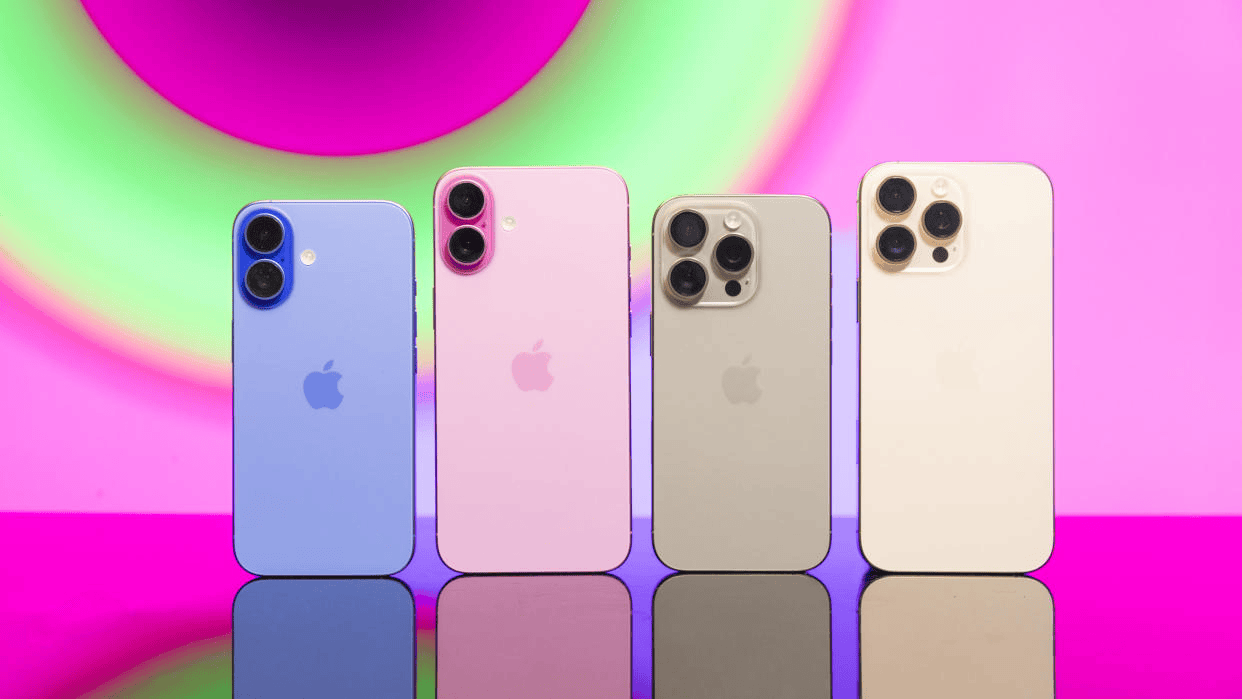
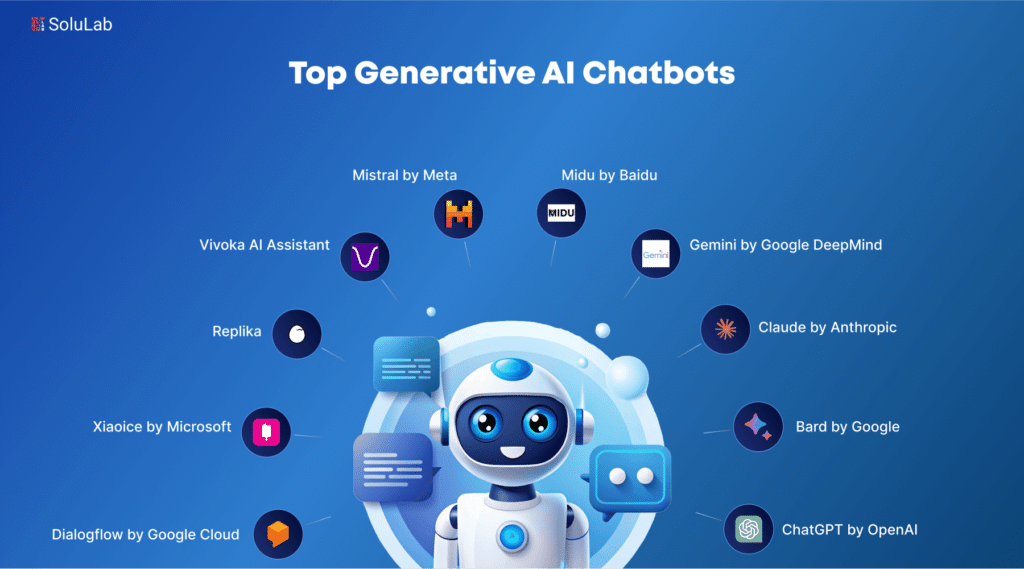
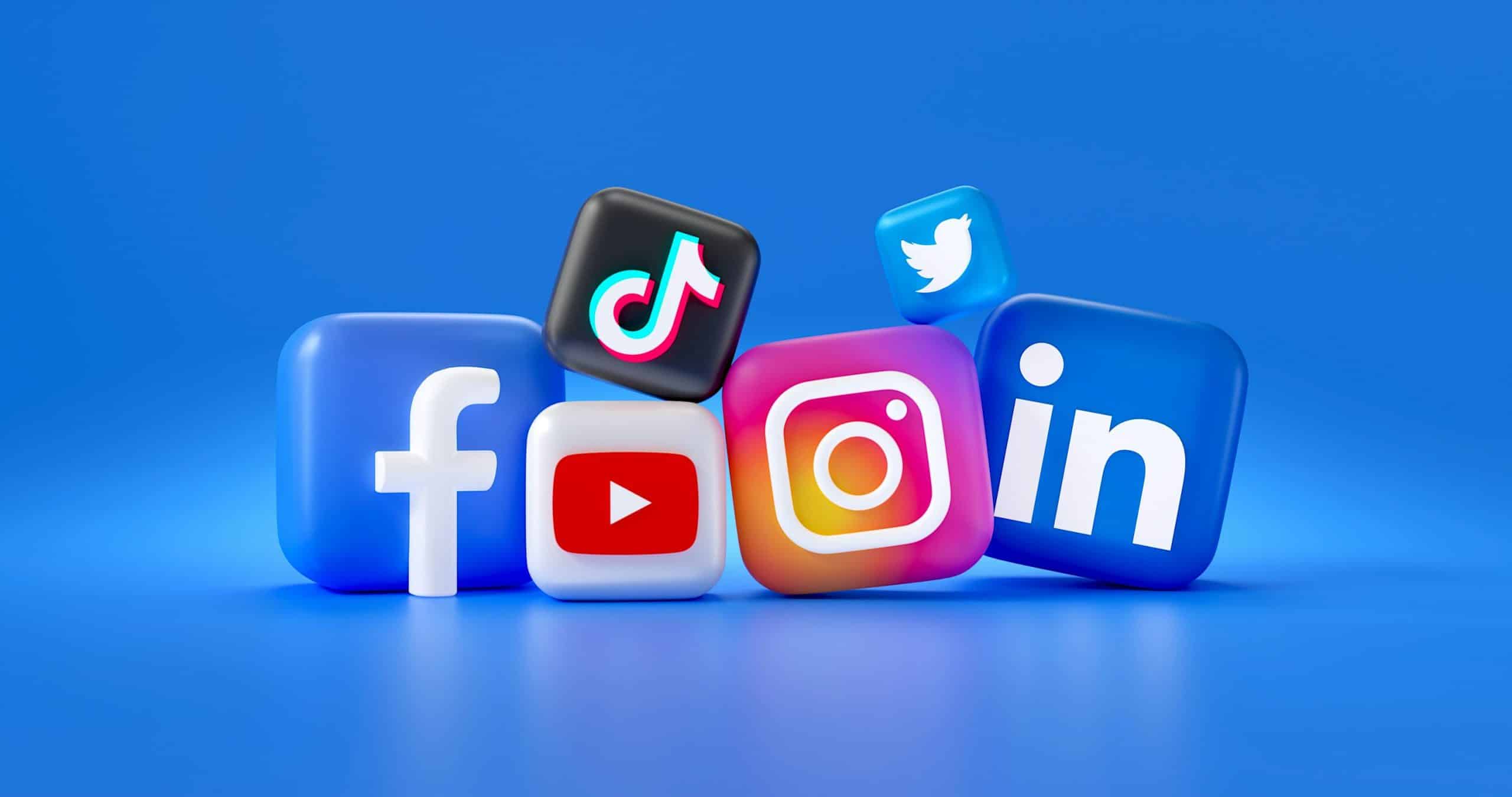

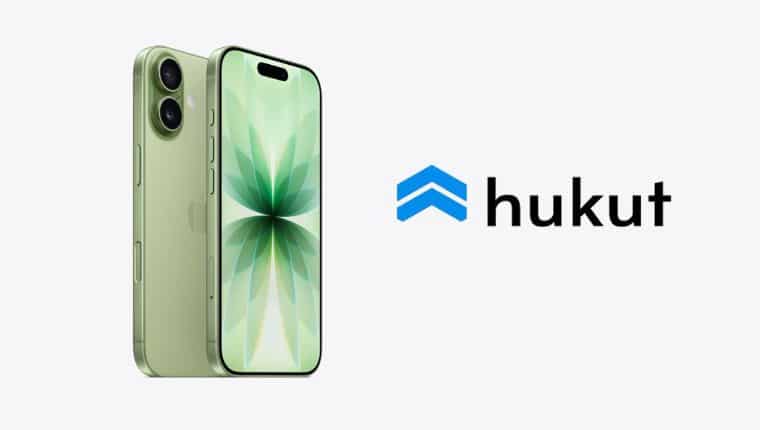

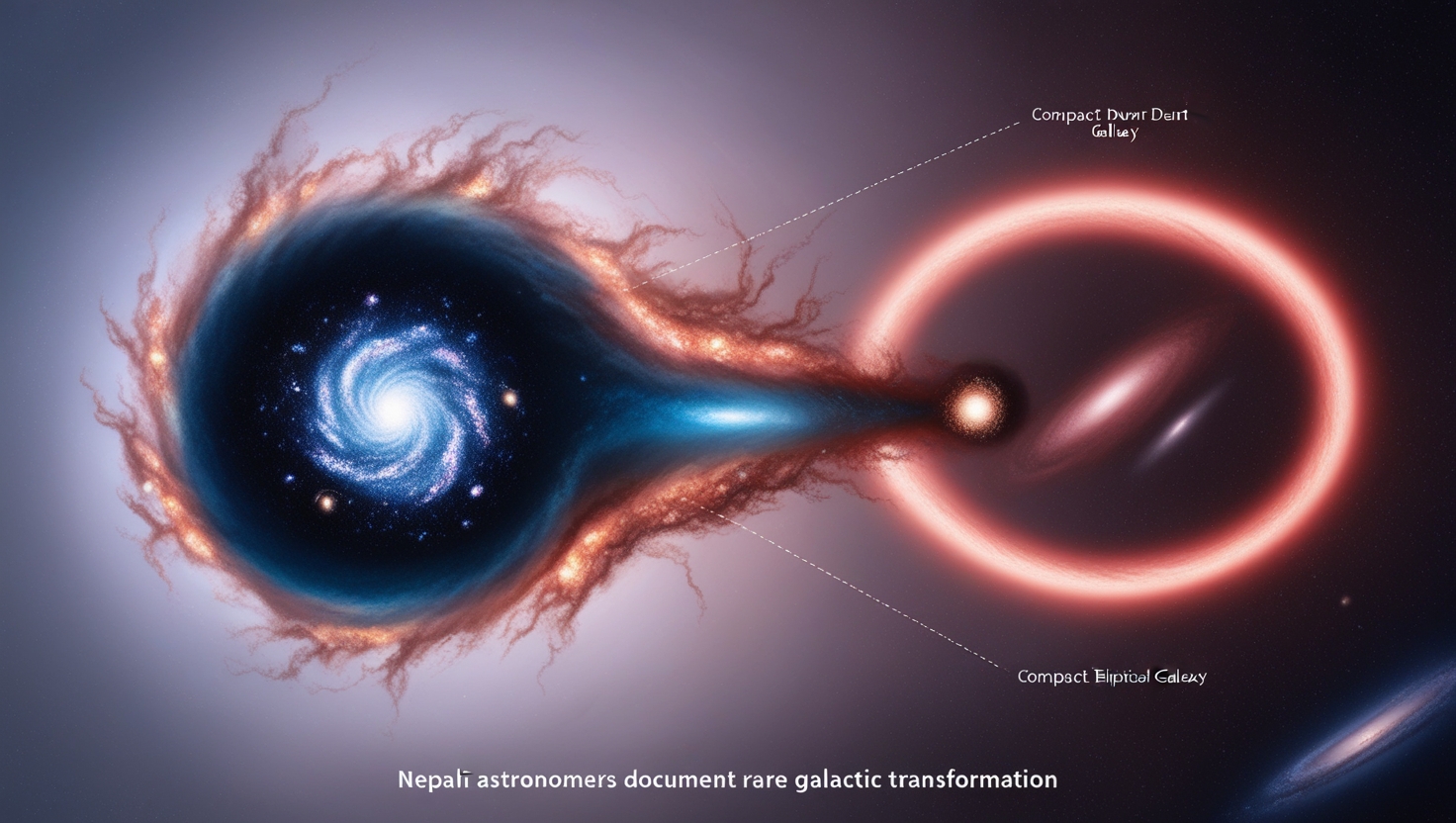
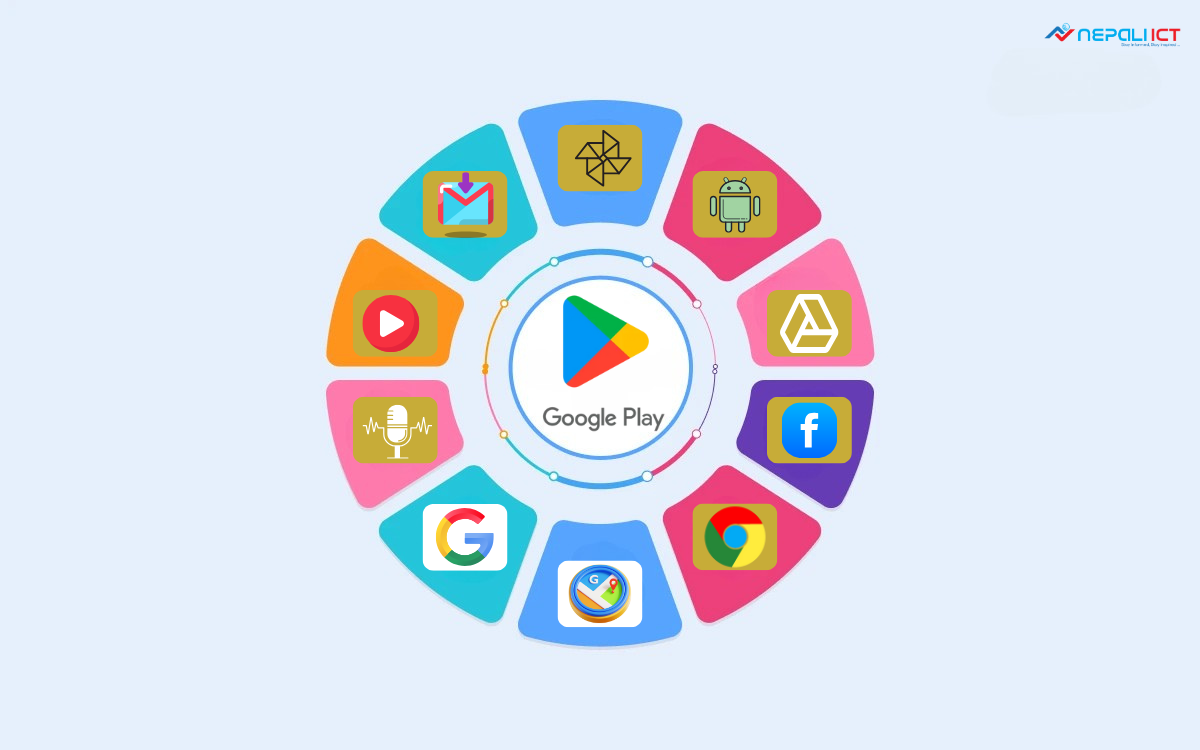
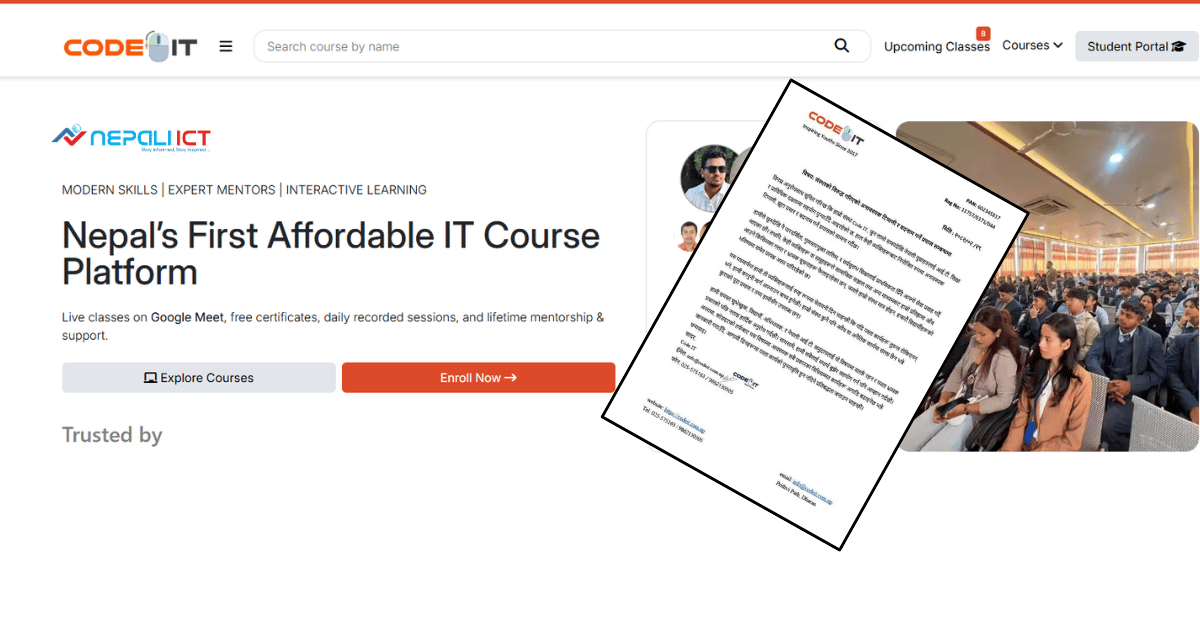
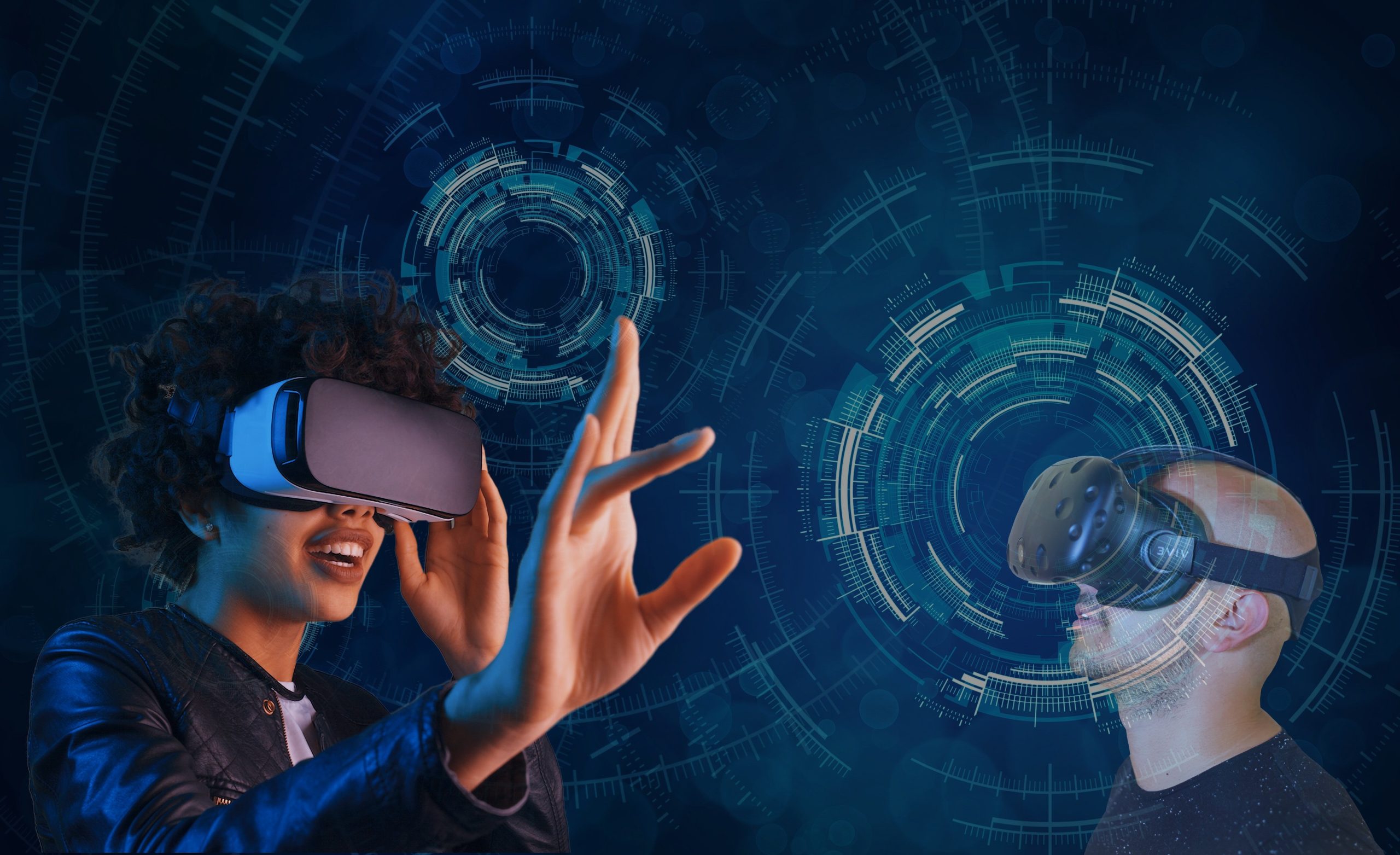
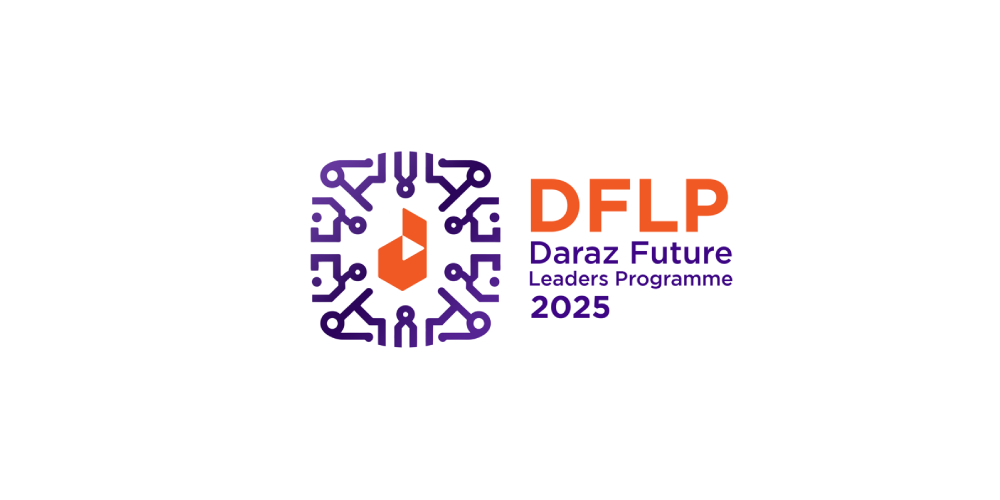


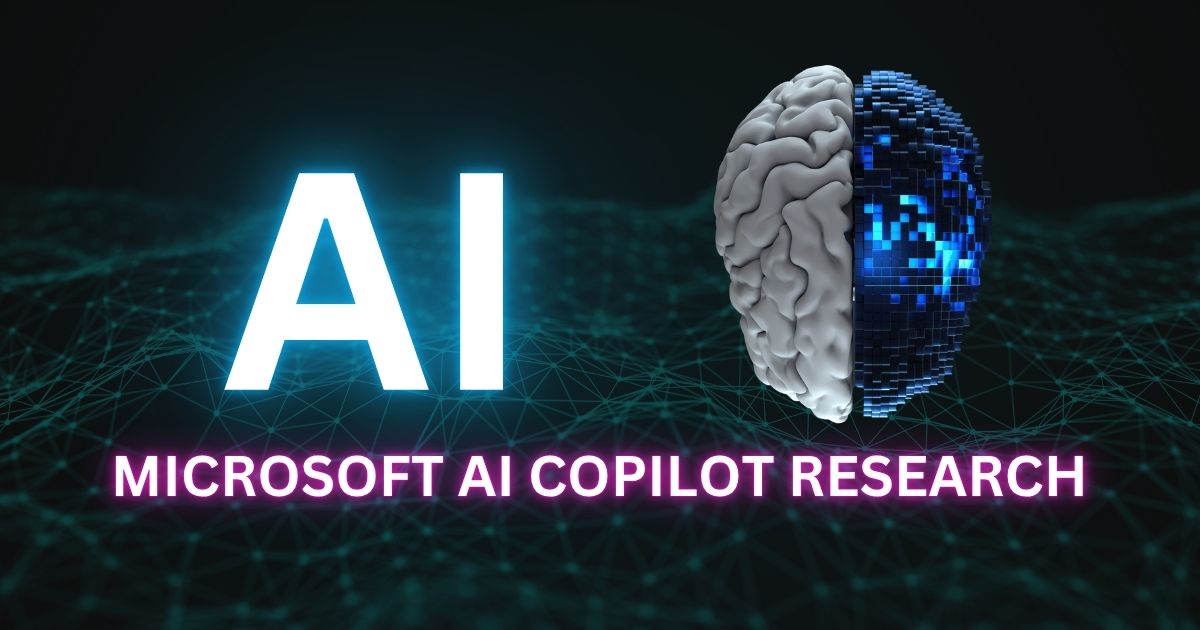



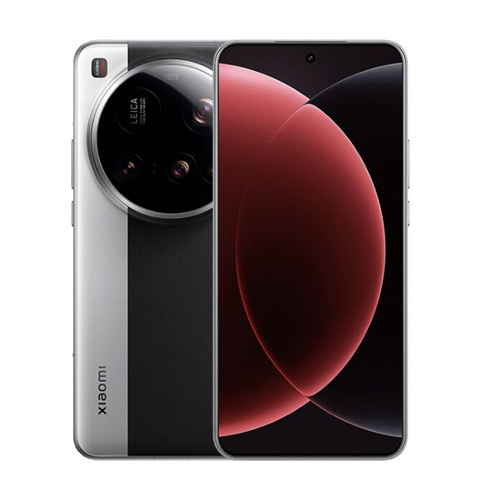

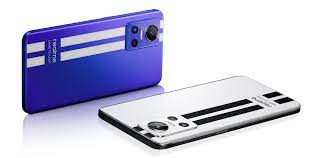

Comments